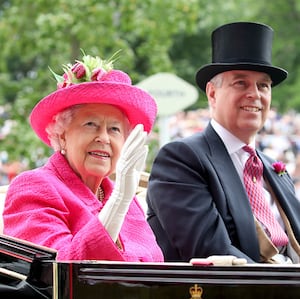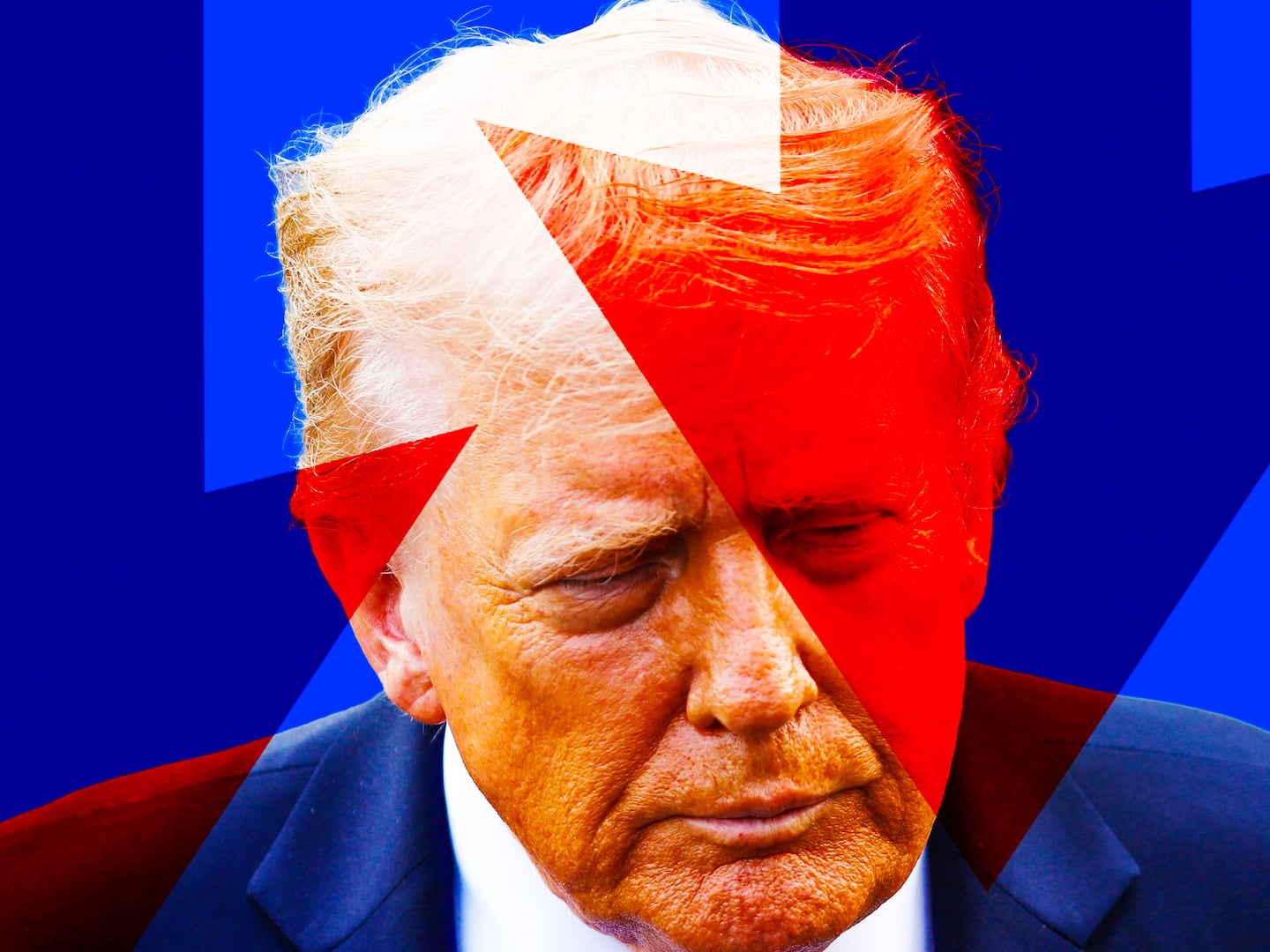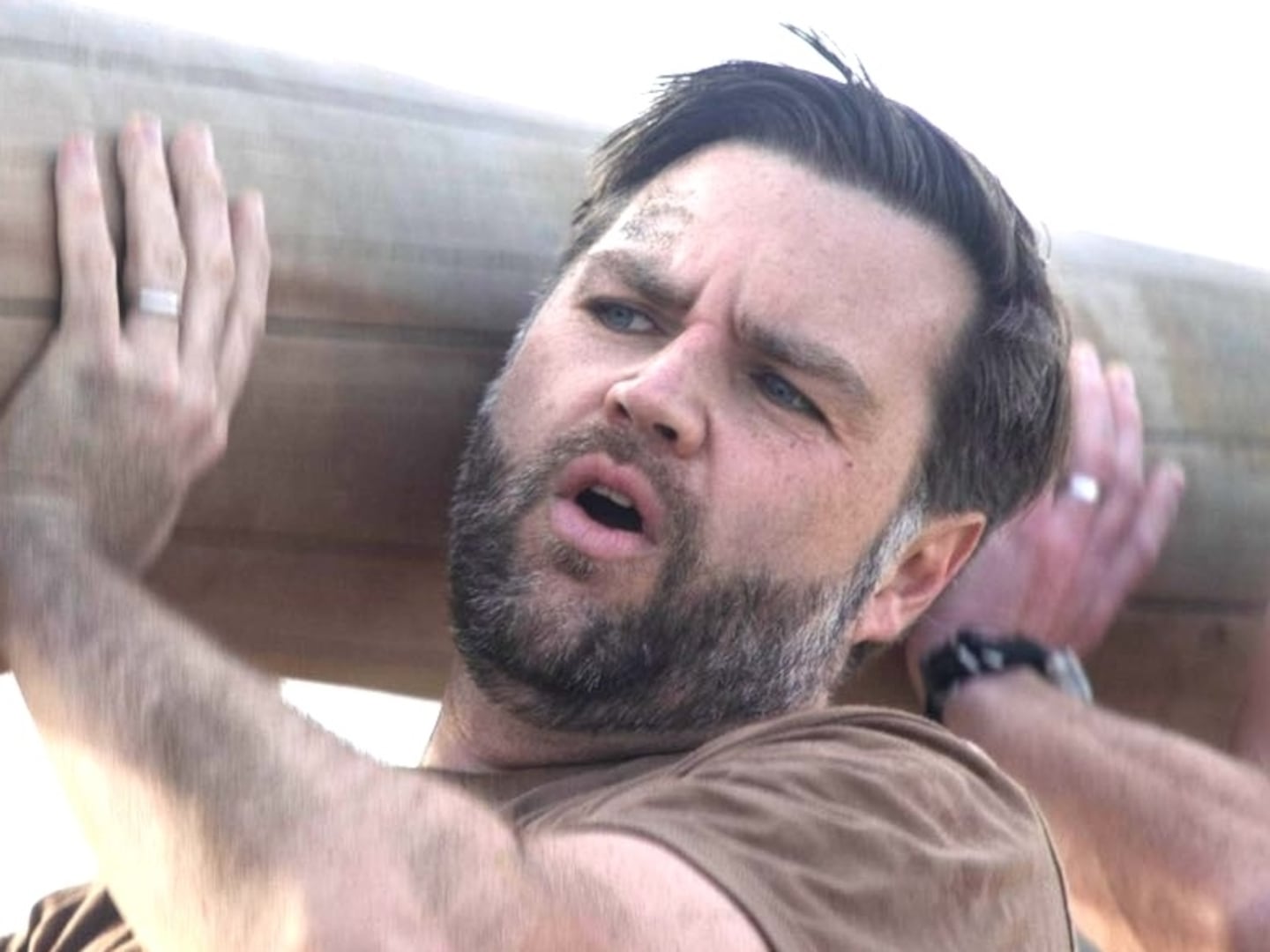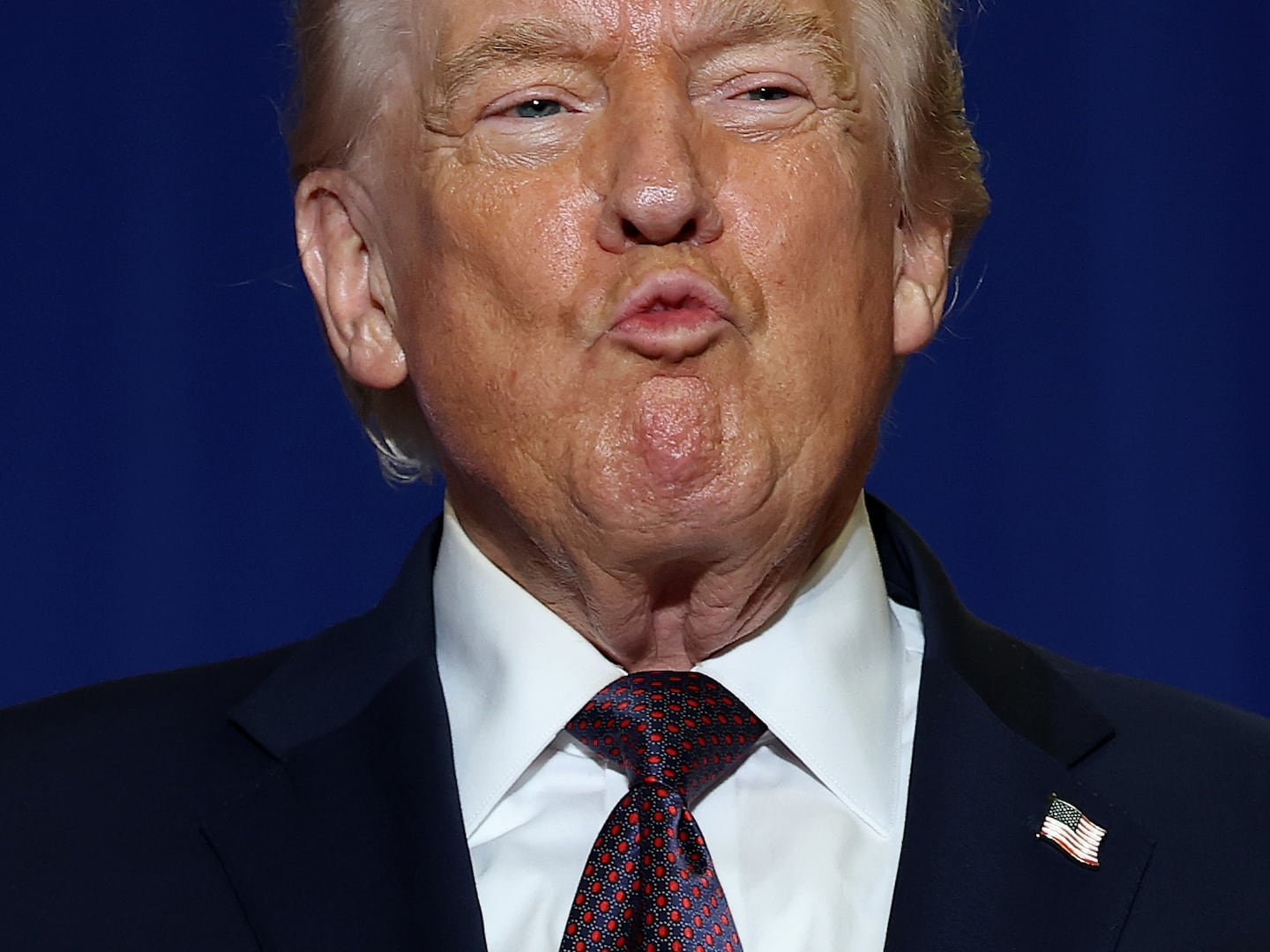Lack of cash, and the desire for more, has been a constant issue throughout Prince Andrew’s life.
And with the news Wednesday that he has lost his last gasp effort to get his accuser Virginia Roberts Giuffre’s case against him dismissed on a series of technicalities, the straitened financial circumstances in which Andrew toils, compared to his brother Prince Charles, who has a vast private income from the lands comprising the so-called Duchy of Cornwall, once again seems to be a major issue.
On Wednesday, Judge Lewis Kaplan quoted Andrew’s claims back at him: “Ms. Giuffre’s complaint is neither ‘unintelligible’ nor ‘vague’ nor ‘ambiguous,’” Kaplan said. Giuffre’s allegations—that Andrew raped her three times when she was 17, while she was being sexually trafficked by Jeffrey Epstein—were “reprehensible” if true, Judge Kaplan said.
The judge added that Giuffre and Epstein’s 2009 settlement in which he paid her $500,000 to drop sex trafficking allegations against him could not be used to protect Andrew from her new action. The judge said that it did not apply to Andrew, adding that because it was supposed to be secret, Andrew would not have been in a position to invoke it had it not emerged in court filings.
The case can now proceed. Andrew essentially has three options: settle, fight the case, or scoff at the law from behind palace walls.
Although Giuffre’s lawyer David Boies has previously said that his client is not pursuing the case for financial reasons, and wants Andrew held to account rather than a pay-off, the practical pressure to accept such an offer would be considerable. The law specifies that if Andrew made a substantial offer, Giuffre would have to accept it or risk being hit with legal fees if she were awarded a lesser amount.
But even if Andrew wanted to pay to settle out of court, there are question marks over whether he could afford to do that.
Andrew’s finances have always been a rather murky matter. His mother gave him a house, Sunninghill Park, for a wedding present, which he subsequently sold in a shady deal to a Kazakh billionaire who is part of the country’s ruling elite. The arrangement in 2007 saw Timur Kulibayev, son-in-law of the former president of Kazakhstan, pay £3m ($4 million) above the £12m ($16 million) asking price. Andrew has argued the transaction was legitimate and he was just ‘fortunate’ to get such a good price for the house.
It is thought that some of the millions he received from that sale went into refurbishing his current home, Royal Lodge, which he lives in, for free, at the grace and favor of the queen, who owns it.
Some of the money from Sunninghill, it is also assumed, went into the luxury, $22 million Swiss ski chalet which the couple bought in 2014 and are now, not entirely coincidentally, selling.
A source told The Daily Beast that Andrew has found a buyer for the property, however, he and his ex-wife Sarah Ferguson, who bought the house together, are thought to only have around $4m of equity in the property.
So, he has some money, but, as The Sunday Times reported this week, Andrew is thought to have spent in excess of $2.7 million on lawyers so far.
Virginia Giuffre has no doubt done the math.
Although it is understood his legal bills have been guaranteed by the queen, Andrew is expected to pay them in the end (presumably when the chalet sells).
And if she is not paying his legal bills, it seems deeply unlikely his mother, who has, let us not forget, put plenty of clear blue water between the institution and Andrew, would pay out a huge cash settlement to Giuffre.
Doing so would be anathema to the family.
The Mirror recently reported that Prince Charles and Prince William are resolutely opposed to the notion of the queen funding Andrew’s legal battle and think it is up to him to “sort out his own mess.”
And were the queen, who turns 96 in April, to die suddenly, King Charles would be more likely to send his brother to the tower for the rest of his life than settle his civil suit for him.
(A spokesperson for the queen declined to comment to The Daily Beast on whether or not she was helping Andrew out with his personal legal bills.)
Option two, fighting the case all the way to the bitter end, is probably a deeply unappealing prospect to Andrew.
As Giuffre’s lawyer David Boies told The Daily Beast Wednesday, the case proceeding would mean that, “Prince Andrew will give evidence.” At first this would be in the form of a deposition. But the truth is that being deposed about his sex life is unlikely to be high on Andrew’s list of New Year’s resolutions for 2022.
And if he goes through the embarrassment and expense of the case and then loses (and it hardly seems likely Andrew will find much sympathy among a group of New York jurors) he still has the problem of finding the money to settle the judgement.
This leaves the intriguing third option in which Andrew sticks two fingers up to the New York courts and simply stops taking any further calls from Judge Lewis Kaplan or his representatives.
No-one in Andrew’s camp is ready to talk, for now, about this nuclear option of withdrawing co-operation and refusing to participate in the case any further. This would result in a so-called “default judgement” against him.
But at the forefront of Andrew’s advisers’ minds will be the knowledge that default judgements issued by US civil courts against non-residents without assets in the US are notoriously hard to collect, even when the person in question is not a lineal heir to the British throne. Andrew’s unique diplomatic position would only make that task even harder (although even regular citizens cannot be extradited for failure to pay a default judgement in any case.)
Sources in Giuffre’s camp are, perhaps understandably, keen to talk down this option. One said: “I just don’t think he will do that. The consequences would be just too severe. Can you imagine a situation where the king’s brother is a debt fugitive? He would never be able to own anything again for the rest of his life. If there is a trial, and he loses, and whatever amount the judge awards–maybe it gets paid and maybe it doesn’t—at least it is over with, it is behind them. If he defaults it goes on forever.”
But Royal biographer Penny Junor told The Daily Beast that given that Andrew cannot be extradited for a civil claim, it is hard to see how things can get any worse if he simply retires from public view.
“All the damage was done a long time ago, when he gave that interview to Emily Maitlis, but the damage is to Andrew. The damage to the institution is pretty minimal, because Andrew is not that significant a member of it,” Junor said, “It’s a shocking state of affairs, but in the grand scheme of things I don’t think it’s life threatening for the monarchy.”







